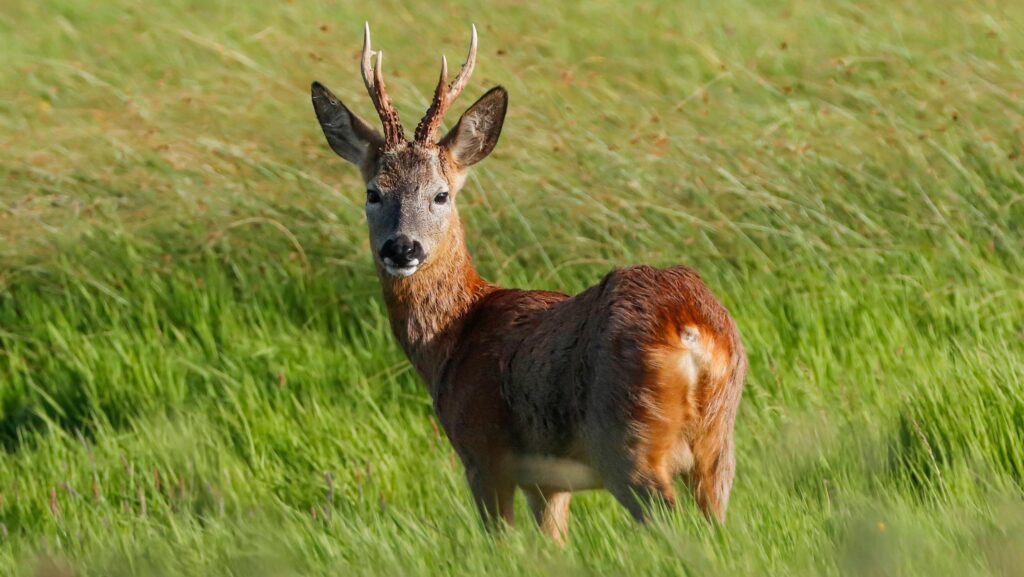Lethal control of wild deer supported by nature groups
 © Adobe Stock
© Adobe Stock Increasing wild deer populations, which are causing damage to food crops and trees and are undermining UK government net zero by 2050 targets, could soon be in the firing line.
Research led by Bangor University and published in People and Nature suggests that, given the negative impacts wild deer have in the northern hemisphere, regulated lethal control to reduce their numbers and impacts is largely supported by members of nature organisations in England and Wales.
See also: How farmers can tackle the booming deer population
This is according to a survey of 3,936 people, which was distributed to members of the Sylva Foundation, The Woodland Trust, the British Association for Shooting and Conservation, the British Deer Society and the Game and Wildlife Conservation Trust.
Of those respondents, 85% either supported or strongly supported lethal control, followed by tree guards (82%), and deer fencing (69%).
Challenge to net zero
Dr Elena Cini, postdoctoral research officer at Bangor University, said: “Increased densities and distributions of wild deer can threaten woodland creation and resilience and impact biodiversity through intensive grazing and browsing.”
This, Dr Cini said, also presents a challenge to government policies aimed at expanding woodland cover and achieving net zero by 2050.
“Since wild deer are highly mobile, strategies to manage their populations, such as lethal control, should be implemented across large areas to be effective,” she added.
But she also highlighted that this requires co-operation between landowners and widespread public support.
Deer impacts
Researchers collecting data from farmers, land managers, deer stalkers, foresters, conservationists, and people not involved in land management found that as well as damaging food crops and trees, increased deer numbers cause significant harm to woodland ecology, reducing plant diversity as well as insects and birds that rely on these habitats.
There are also concerns about more deer-vehicle collisions and disease transmission to livestock and humans.
The work was funded by the UK Research and Innovation project iDeer, led by Dr Becks Spake, associate professor in climate and environmental change at Southampton University, and aims to enhance strategic woodland creation and management that minimises deer impacts.
Dr Spake said: “Deer hold multiple values across society; ecological, cultural, aesthetic, and economic, yet they can also pose real challenges to tree planting.
“As we expand woodland creation to meet net-zero targets, understanding how different groups navigate this tension is crucial.”
